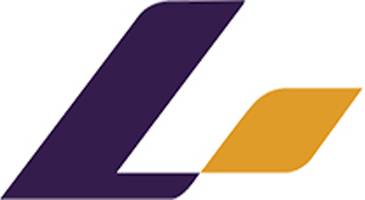
Non-impregnated mesh fabric offers a range of advantages that make it a preferable choice for many different applications. The fabric is lightweight, flexible, and breathable, making it ideal for use in different environments. This makes it a suitable choice for industries such as construction, automotive, aerospace, and more.
One key advantage of non-impregnated mesh fabric is its ability to resist environmental factors such as moisture, UV rays, and chemicals. This makes it a durable and long-lasting option for outdoor and harsh environments. Additionally, the fabric is also fire-retardant, making it a safer choice for many applications.
In terms of performance, non-impregnated mesh fabric offers excellent dimensional stability and tensile strength. This means that it can maintain its shape and integrity even under high stress and pressure, making it suitable for a wide range of applications.
In the electrical industry, non-impregnated mesh fabric is gaining popularity for its use in transformer manufacturing. [Company Name] is one of the leading manufacturers offering a range of transformers, including ultra-high voltage transformers, dry-type transformers, oil-immersed transformers, and more. The company's products have passed rigorous quality tests and certifications, making them reliable and trusted by customers.
By using non-impregnated mesh fabric in their transformers, [Company Name] is able to improve the performance and longevity of their products. The fabric's ability to resist environmental factors and maintain dimensional stability makes it an ideal choice for transformer insulation and protection.
Moreover, the use of non-impregnated mesh fabric allows for better airflow and heat dissipation within the transformers, leading to improved efficiency and reliability. This ultimately benefits customers by providing them with high-quality and long-lasting transformer solutions.
The benefits of non-impregnated mesh fabric extend beyond the electrical industry. It is also being used in various other applications such as filtration, insulation, packaging, and more. Its versatility and durability make it a valuable material for a wide range of projects.
In conclusion, non-impregnated mesh fabric offers a variety of benefits that make it a preferred choice for many different industries. Its lightweight, flexible, and durable nature, along with its resistance to environmental factors, makes it an ideal material for various applications. In the electrical industry, [Company Name] is leveraging the advantages of non-impregnated mesh fabric to enhance the performance and reliability of their transformers. As the demand for high-quality and long-lasting products continues to grow, non-impregnated mesh fabric is expected to play a crucial role in meeting these needs.
